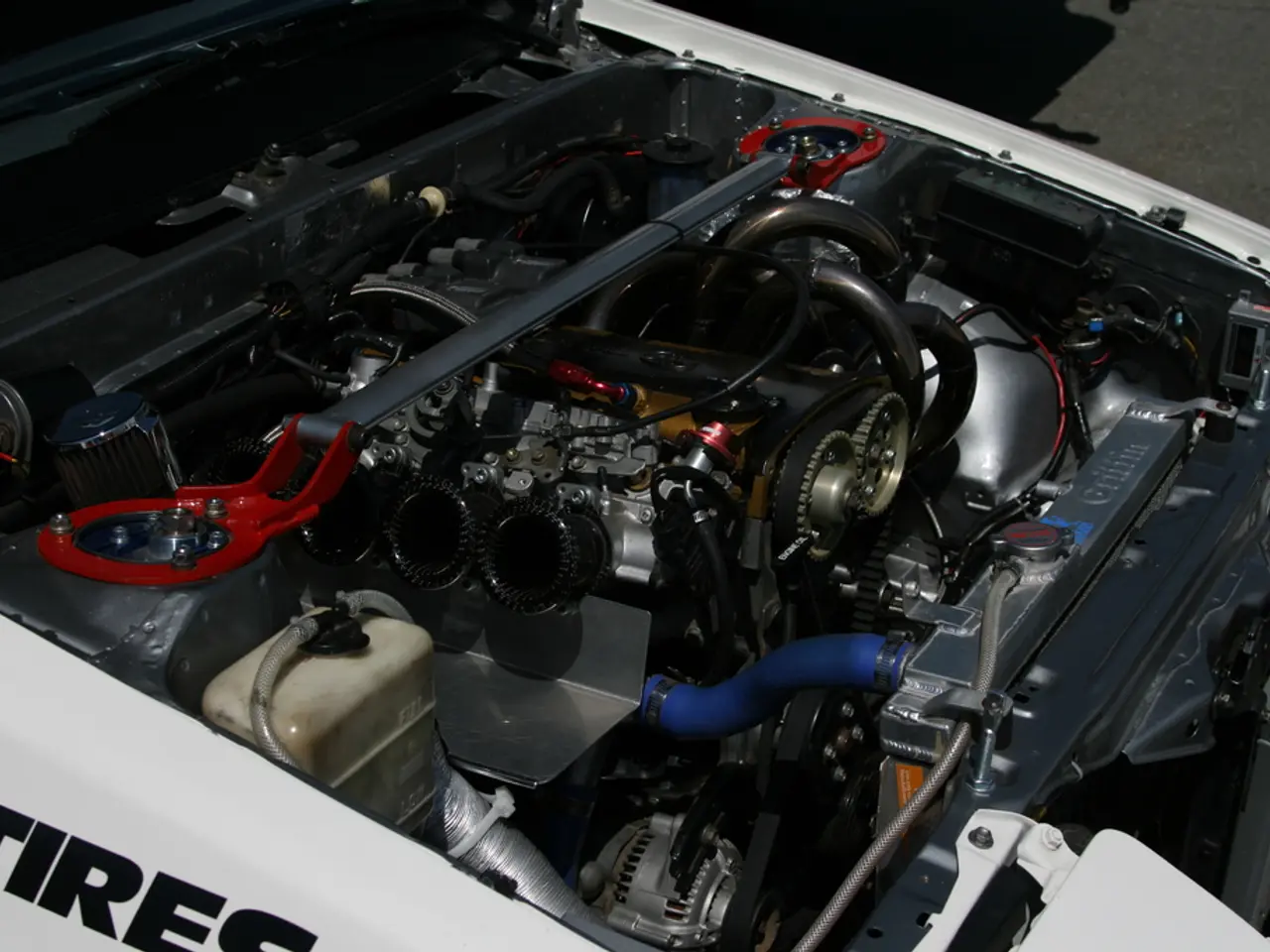Equinix strikes agreements for nuclear reactors and fuel cells to energize its AI data centers
Equinix Embraces Nuclear Energy and Fuel Cells for Sustainable Power Solutions
In a bid to strengthen the grid and invest in new energy sources, data center operator Equinix is collaborating with various energy partners around the world. The company is working with firms developing reliable and sustainable electricity generation technology, including nuclear options and fuel cell deployments.
One of Equinix's significant partnerships is with ULC-Energy, the developer of the Rolls-Royce SMR. This small modular reactor is set to be deployed in the UK by Great British Nuclear. ULC-Energy and Stellaria have preorder power agreements with Equinix for up to 250 MW and 500 MW respectively. Radiant has also agreed to supply 20 Kaleidos microreactors to Equinix by an unspecified date.
Equinix's strategic shift towards integrating nuclear energy for powering its data centers is a long-term commitment to addressing AI-driven power demands and ensuring energy resilience. The company signed a Letter of Intent with ULC-Energy for up to 250 MWe to power data centers in the Netherlands, utilizing Small Modular Reactors (SMRs). While specific delivery dates for each partnership have not been detailed, Equinix's partnerships reflect a proactive approach to securing sustainable energy solutions.
In addition to nuclear energy, Equinix is also partnering with Bloom Energy, a company that does not burn natural gas to produce electricity. Instead, the hydrogen extracted from the natural gas is used as the feedstock for the fuel cells, with the chemical reaction of the hydrogen passing through the cells producing electricity. Equinix has an agreement with Bloom Energy for a deployment of more than 100 MW worth of solid-oxide fuel cells at over 19 datacenters in six US states.
Backup power is the typical application for fuel cells in data centers, as a "greener" replacement for diesel generators. The Bloom Energy fuel cell deployments for Equinix vary from primary power to operating grid-parallel, with the utility feed automatically picking up the load if the Bloom supply is lost.
Equinix, one of the largest data center operators globally, is partnering with alternative energy providers to support its data centers. Raouf Abdel, Equinix EVP of Global Operations, stated, "As energy demand increases, we believe we have an opportunity and responsibility to support the development of reliable, sustainable, scalable energy infrastructure that can support our collective future."
As next-generation nuclear technology is several years away from deployment, at least in the early 2030s, Equinix sees these partnerships as part of its long-term power strategy for the next wave of technology and power solutioning. Other projects in Japan and Ireland have declared an intention to develop bit barn campuses powered largely or entirely by fuel cells, further illustrating the industry's shift towards sustainable energy solutions.
Oklo is expected to deploy its first commercial advanced reactor in the US before the end of the decade, while Stellaria aims for first fission by 2029 and production by 2035. Equinix's partnerships with these companies, along with Radiant Industries and others, position the company at the forefront of this exciting and necessary transition towards a more sustainable future for data center energy needs.
- To address the increasing power demands from AI, Equinix is actively partnering with technology companies like Bloom Energy, which utilizes hydrogen-powered fuel cells for electricity generation in data centers.
- Recognizing the potential of next-generation nuclear technology as a sustainable energy source, Equinix has signed agreements with firms like ULC-Energy and Stellaria, aiming to integrate nuclear power into the company's data center operations in the Netherlands and other locations.
- In line with the global shift towards sustainable energy solutions in the technology and finance industries, Equinix's partnerships with various energy providers, such as Oklo, Oklo, Stellaria, Radiant Industries, and others, position the company as a pioneer in the movement towards a greener and more resilient future for data centers.




